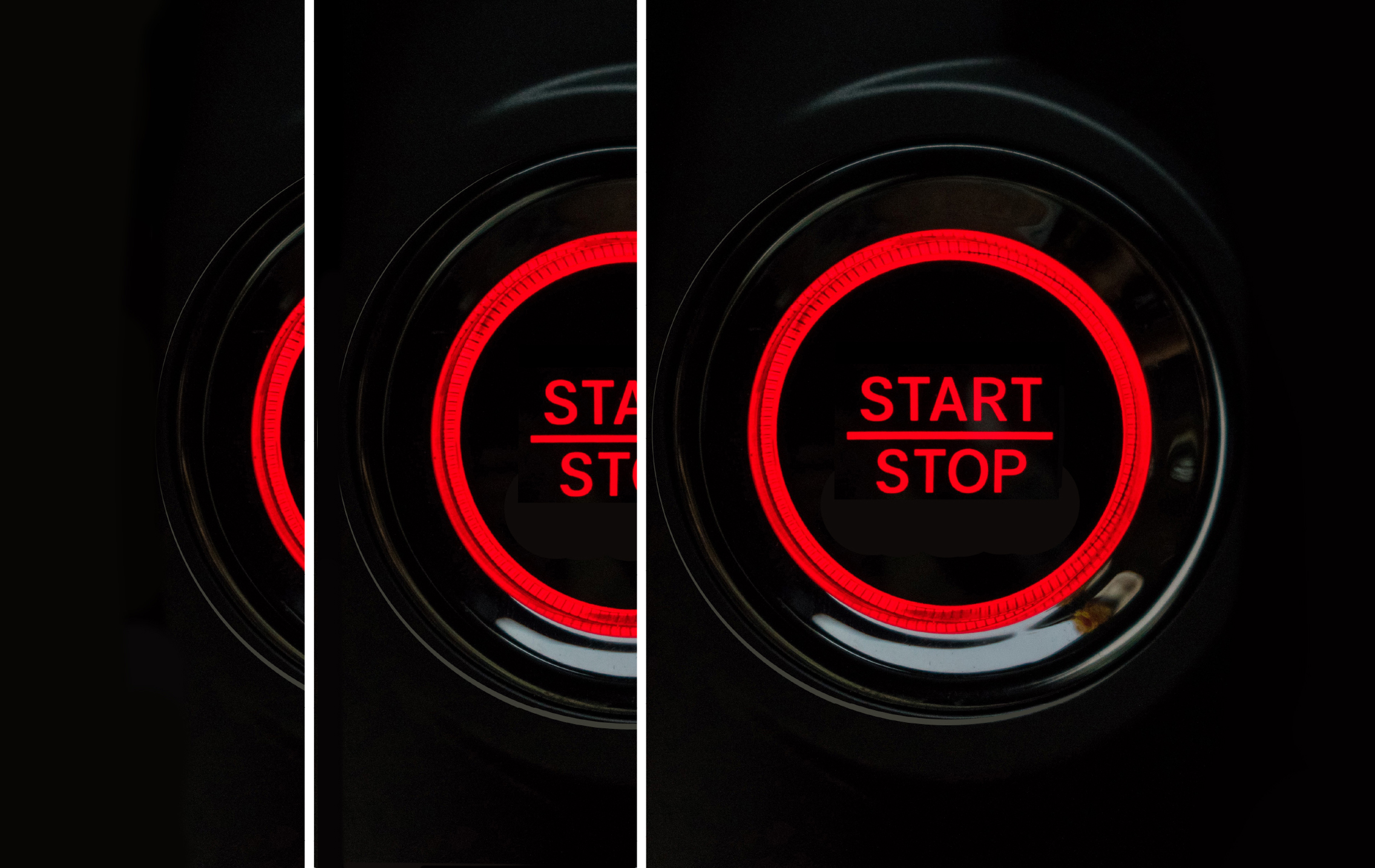Our thought leadership goes wide, but the personal work that fuels it goes deep. Including our own.

When You’re Asked to Meet Impossible Goals
Jordan Stark with Luis VelasquezHow Leaders Can Better Support Employees During Hard Times
Lisa Blosser on supporting employeesGuide to Supporting Employees Impacted by Natural Disasters
Guide for Managers
Rebecca Zucker joins the Good Leadership podcast.
The Future of the Workplace
Rebecca Zucker talks breaking the 9 to 5 work culture with GoDaddy.Learning to Thrive in a Complex World
Rebecca Zucker joins Darin Rowell on Leadership and the Self-Directed Life.Managing Overwhelm
Rebecca Zucker joins Nihar Chhaya on The Executive Experience.
Our comprehensive 360° approach to gathering, assessing, and delivering feedback isn’t for everyone. It’s best suited for people who are committed to growth and open to challenging the ideas and behaviors that got them to their inflection point.